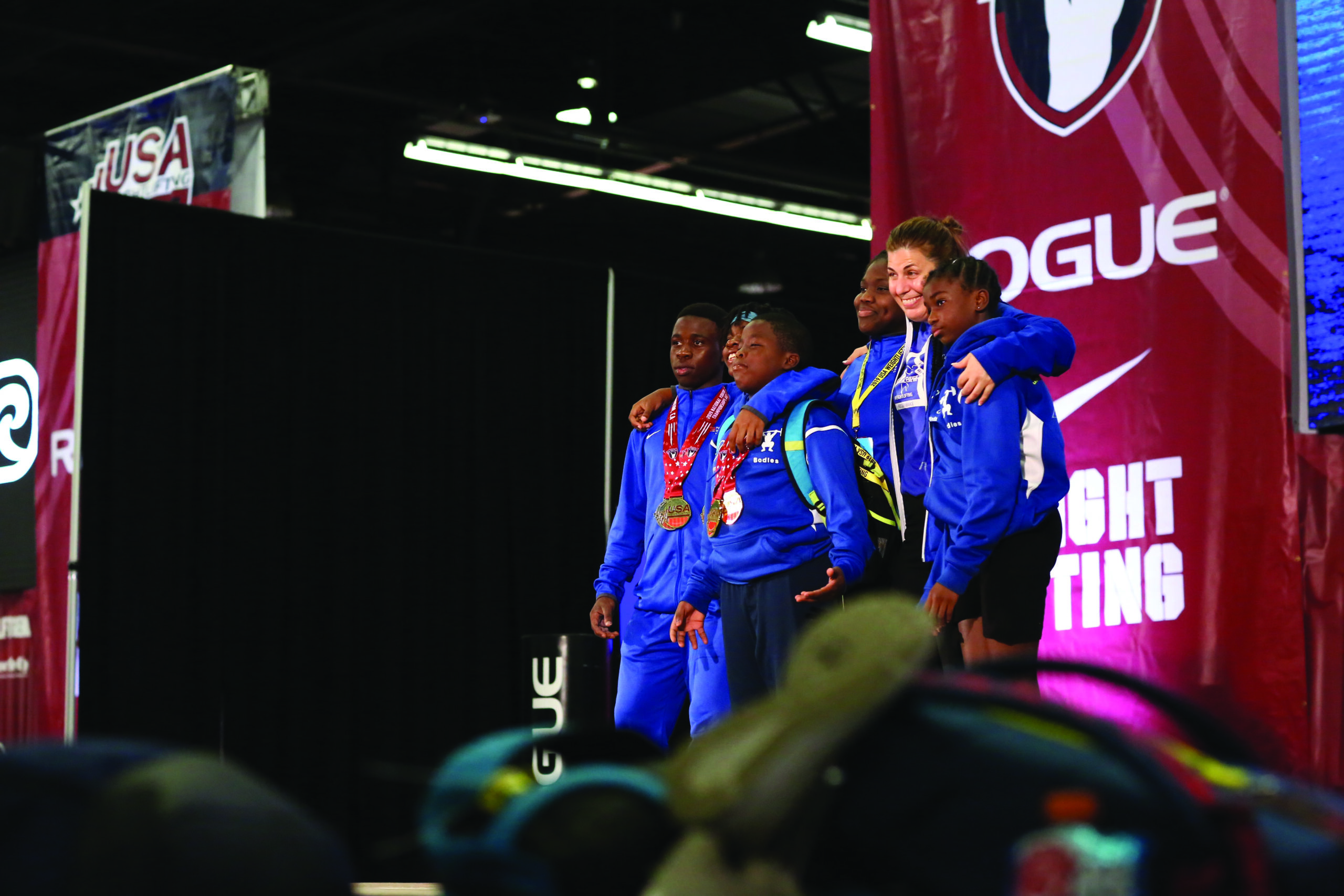Insights Call to Action
Create Recommendations for Continued Coach Education
Training shouldn’t end at onboarding or checking boxes to avoid risks. To build a strong and consistent youth sport system, we need clear learning pathways that support continued development and align with our frameworks and standards. These pathways should meet coaches where they are through accessible and flexible learning opportunities that keep them building skills and competencies over time.
→What this looks like when we get it right: Coaches grow through ongoing, personalized learning that fits their context. The result? More coaches stick with it and kids get the great experiences they crave.
→Who can drive this change? Coach Education; Sports Governance; Data & Research

Why This Issue
Training for youth sports coaches must go beyond introductory courses and mandatory certifications if we are to ensure quality experiences for youth and success in retaining, elevating, and professionalizing the youth sports workforce.
A strong development system should recognize each coach’s background, skill level, the context in which they coach, and their overall coaching goals. It should provide accessible learning opportunities that build on each other and support growth over time.
Getting Started
Prioritize flexible, comprehensive continued learning options. It should be offered in a variety of formats to meet different coaching populations and needs. A parent volunteering for a single season will need different options from those looking to build a career in coaching. Program design should also account for learning styles, schedules, settings, and career goals. It should also incorporate different learning methods, such as mentoring, modeling, and embedding evaluative feedback loops, such as coach observation with constructive review, athlete and parent feedback, and the assistance of technology-enabled tools for videos and data analysis.
Take cross-sector action. Making this happen requires action from across the youth sport ecosystem:
- Researchers and program leaders can help identify what works best in ongoing coach learning.
- National and state sport governance bodies can require and support continued education as part of coach development. LTA in Britain does this.
- Funders can tie investments to a clear commitment to ongoing coach training.
View continued learning as an investment in retention. Coaches who feel supported are more likely to stay, build deeper relationships with their athletes, and create stable, inclusive team cultures. In contrast, high turnover disrupts player development, strains team dynamics, and increases the cost and effort of constantly recruiting and training new coaches.
We all want a youth sport system that puts kids’ physical, emotional, mental, and social well-being first, which means continued coach development must be a priority.
Game Changing Content
| Item | Description |
|---|---|
|
White paper from the US Center for Coaching Excellence discussing core principles of ongoing coach development |